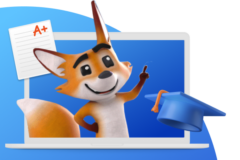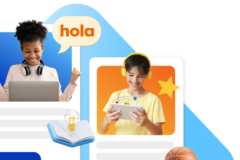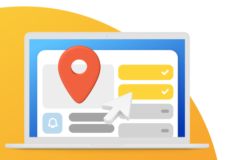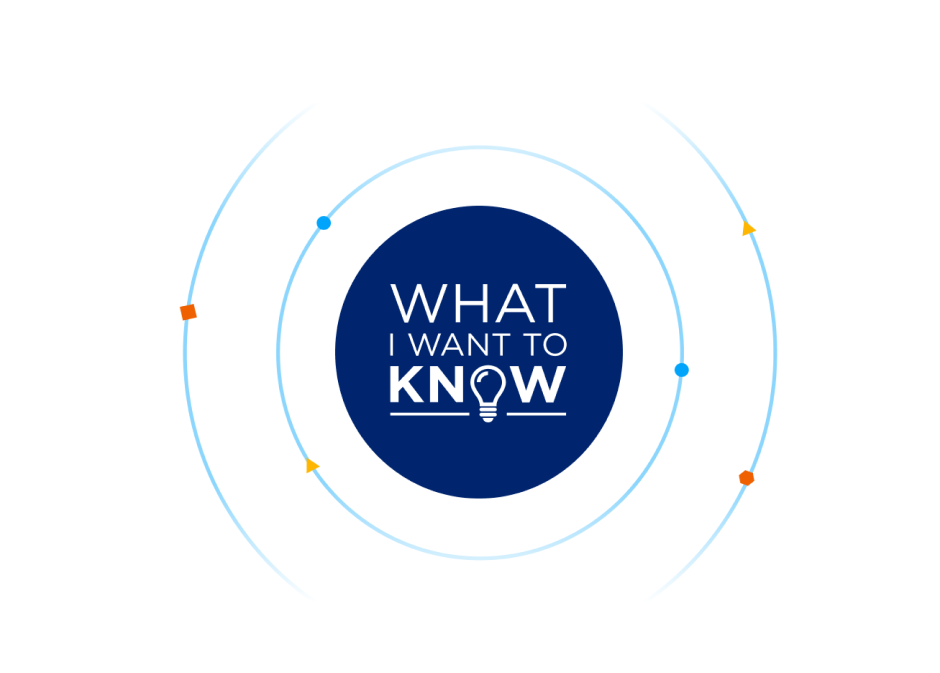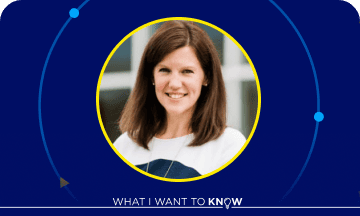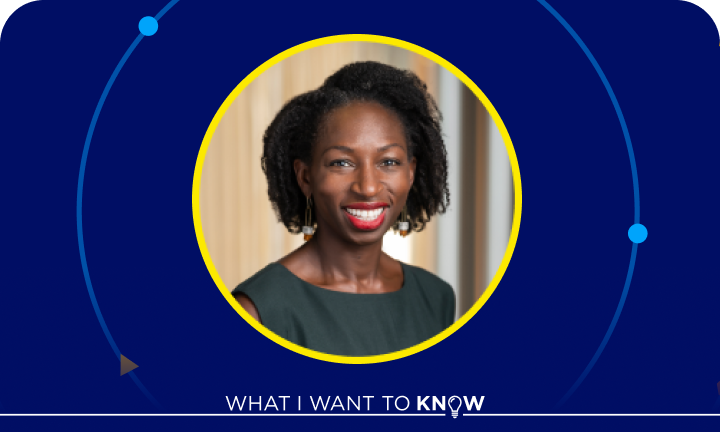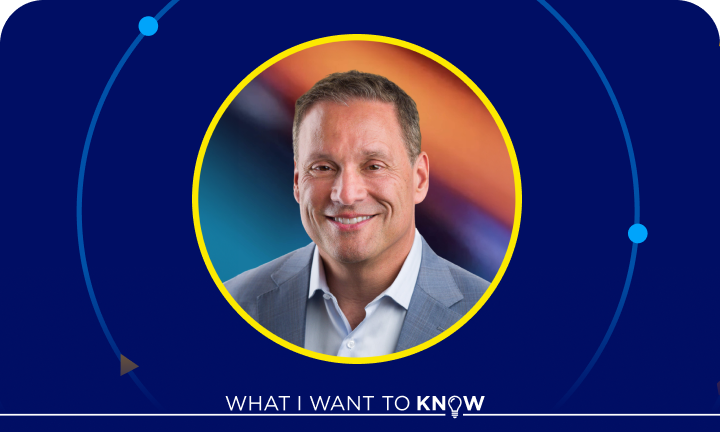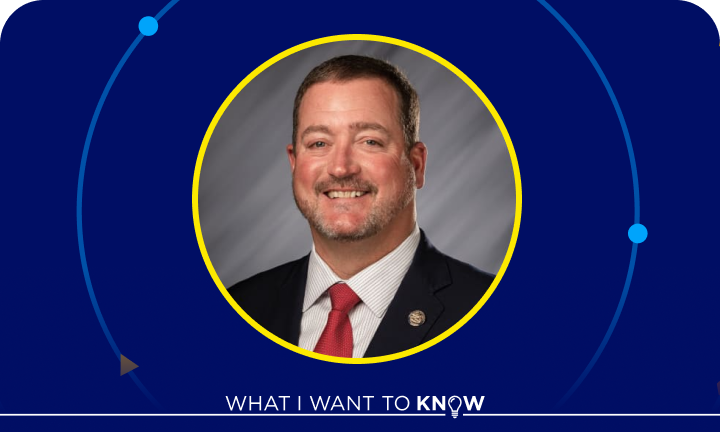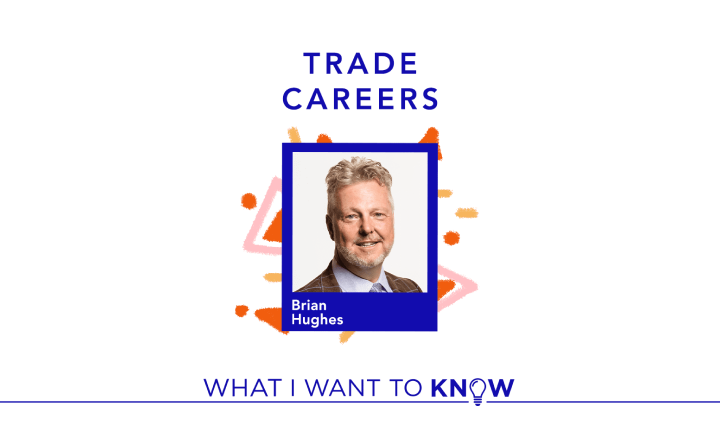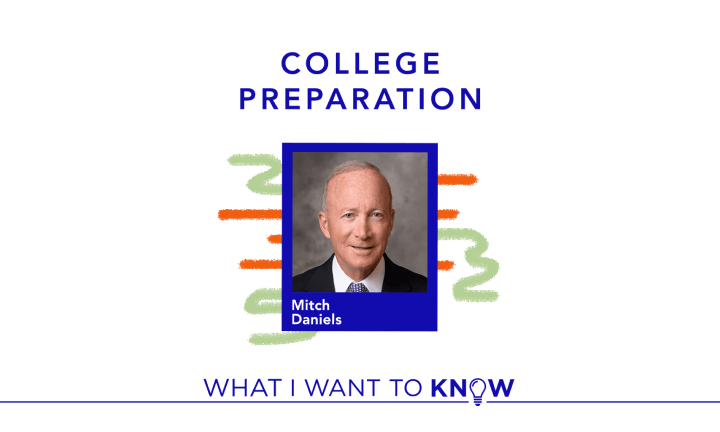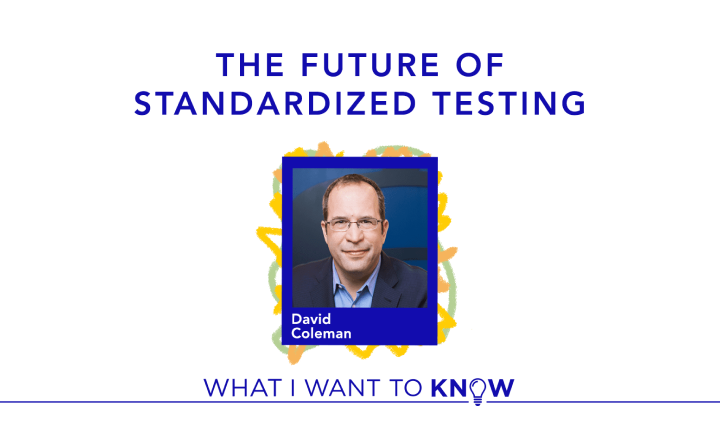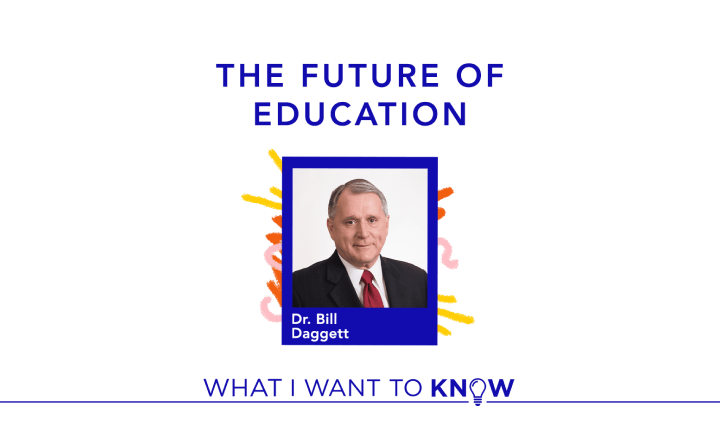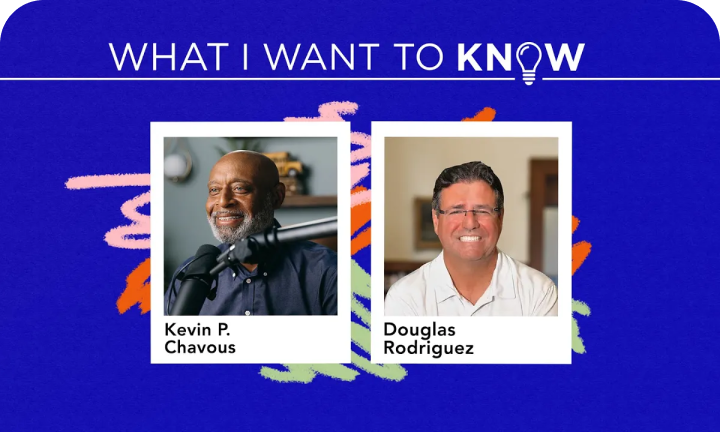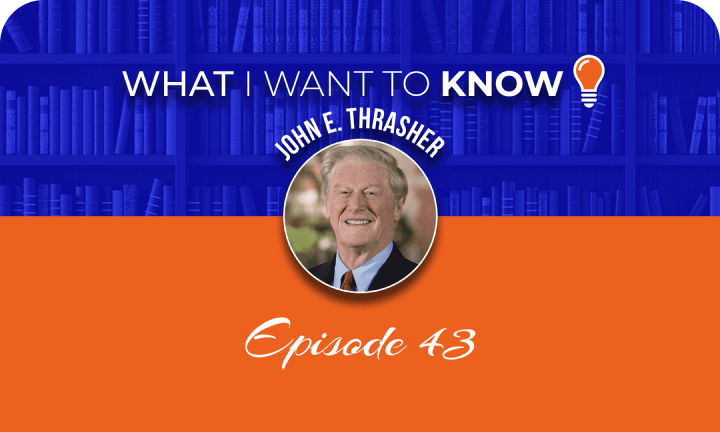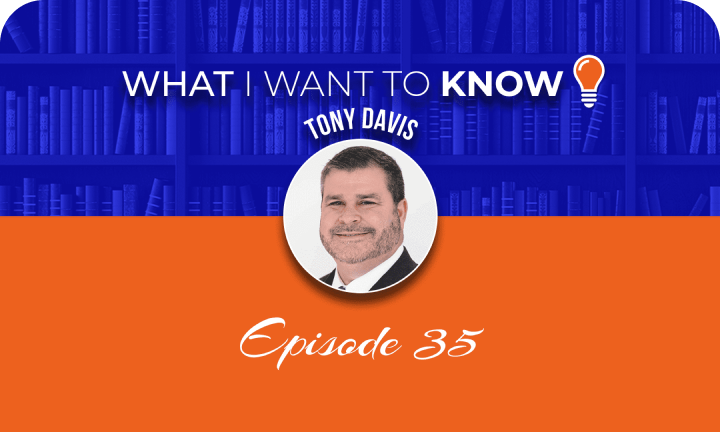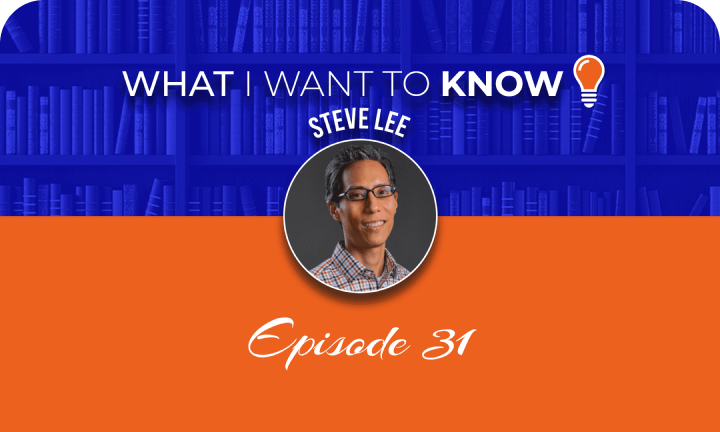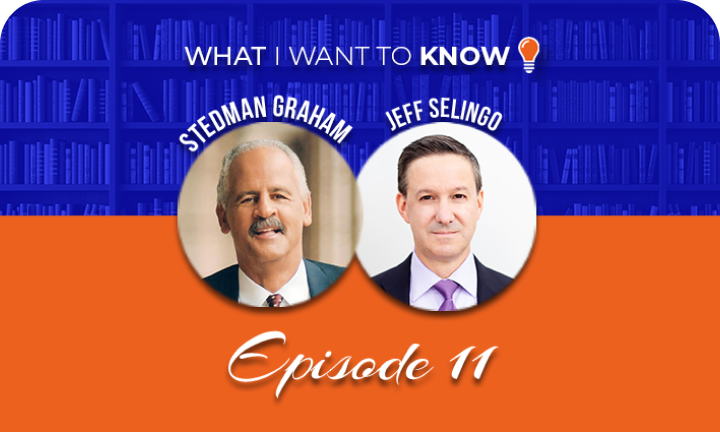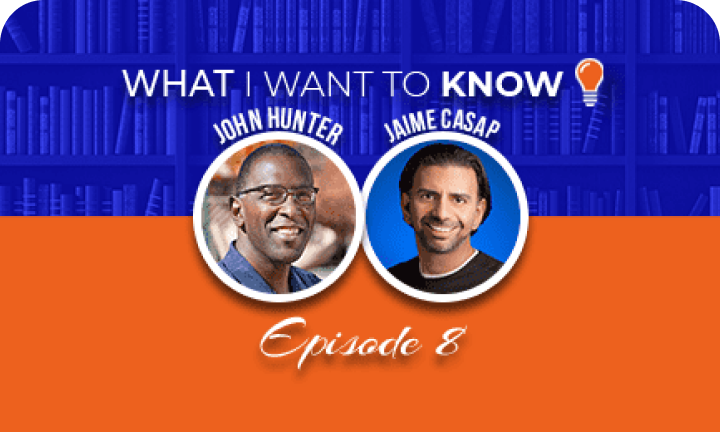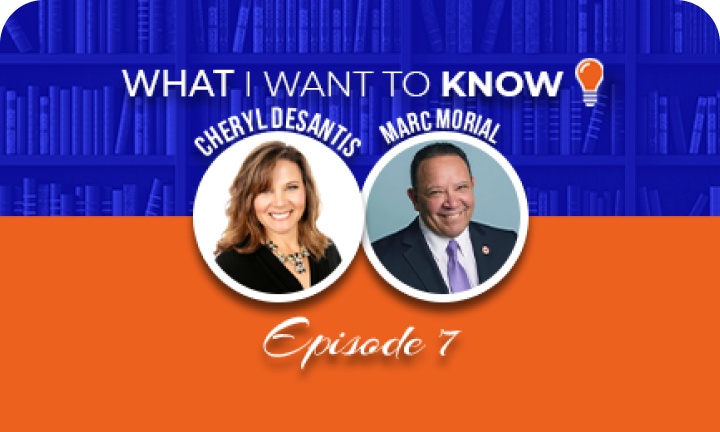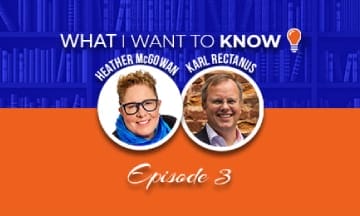December 11, 2024
EP. 170: From Housing Instability to College Success: K12 Alum Alanna Vickers Shares Her Story
Did you know that more than 1.2 million students in U.S. schools don’t have a stable place to call home?
For these young minds, just getting to class can feel impossible. However, some are finding an unexpected path through online learning.
This is the story of one remarkable young woman who found her path to success through virtual education.
How can online schooling provide stability for students facing housing insecurity? And how can this educational model prepare students for their future dreams?
In this episode, Alanna Vickers, a recent graduate of Digital Academy of Florida, shares her inspiring journey, the challenges she overcame, and how online education made it all possible.
Listen on: Apple Podcast, Spotify
Meet Alanna
Alanna Vickers is a recent graduate of Digital Academy of Florida. Despite facing significant challenges, including housing insecurity and frequent relocations, Alanna persevered to complete her high school education. She’s now enrolled at St. Petersburg College, pursuing her dream of becoming a pediatrician. Alanna’s story is a testament to the power of determination and the impact of an accessible education program.
Alana Vickers: 10th grade was like everything started for me and my family. I didn’t get to finish my 10th-grade year. And then when we found Metropolitan Ministries, that was actually the time for me to go back to school, but we didn’t know where to start. So my mom found K12 and I was like, “Well, I’ll give it a try.”
Kevin P. Chavous: Did you know that more than 1.2 million students in U.S. schools don’t have a stable place to call home? For these young minds, just getting to class can feel impossible. But some are finding an unexpected path through online learning. This is the story of one remarkable young woman who found her path to success through virtual education.
Alana Vickers: After a while, just talking to my friends back in public school, they would tell me like things that they had to overcome with public school. While I was like, “Well, K12 had more doors open for me that I could have, more things like tutoring, and more opportunities that I could have, like different classes that I couldn’t take in public school.”
Kevin P. Chavous: How can online schooling provide stability for students facing housing insecurity? And how can this educational model prepare students for their future dreams? Today we meet Alana Vickers, a recent graduate of the Digital Academy of Florida. Despite facing years of housing insecurity and frequent moves, Alana not only completed high school but is now pursuing her dream of becoming a pediatrician. She’s here to share her inspiring journey, the challenges she overcame, and how online education made it all possible. Alana, welcome to the show.
Alana, once again, welcome to the show. First of all, how are you?
Alana Vickers: I’m doing pretty good.
Kevin P. Chavous: I am just so proud of your journey. And it’s been a unique education journey. And before we get into it, do you ever just stop and look back and say, “Wow, I made it?”
Alana Vickers: Yes. Yes, I actually do.
Kevin P. Chavous: And how does that make you feel? Because there are so many people who go through challenges and particularly when it comes to home insecurity, it’s easy to get stuck. So talk a little bit about how you overcame your situation and what it was like when you really weren’t sure where you were going to be sleeping at night.
Alana Vickers: Well, it was very difficult. So all I had was my only outlet at school. So that was like my main goal, especially for my mom. She was like, “Finish school, you’re going to go to college and you’re going to achieve your dreams.” So that’s always been like my main goal for me. So doing that is actually a great thing.
Kevin P. Chavous: Now, you know, a lot of people talk about this idea of housing insecurity. And again, you know, you lived it. Even with the focus on school at the end of the school day, you still had to be a little bit stressed, right?
Alana Vickers: Yes.
Kevin P. Chavous: And how did you deal with that?
Alana Vickers: Well, sometimes I would just go out with my little sister and just spend quality time with my family. It’s just me, my mom and my sister. So that’s all we have is each other. So we just spend the most time that we could with each other that we had.
Kevin P. Chavous: And throughout your, when you were in elementary school, did you still have those insecurity issues in terms of not knowing where you were going to sleep?
Alana Vickers: Yes, sometimes having that growing up, it’s been a lot. It’s just struggling with financial things and stuff. So it’s just like finding that spot for us to just finally be okay.
Kevin P. Chavous: Talk about your introduction to K12 and the online learning experience and how that began to create a better learning environment for you.
Alana Vickers: Well, we found K12 when I was getting out of 10th grade. 10th grade was like everything started for me and my family. So I didn’t get to finish my 10th grade year, and then when we found Metropolitan Ministries, that was actually the time for me to go back to school, but we didn’t know where to start. So my mom found K12, and I was like, “Well, I’ll give it a try.” And I actually really ended up enjoying it because I had a lot more opportunities. I didn’t have to worry about getting on the bus and waking up early in the morning and then having to leave Metro instead of like leaving my home to just go to school and then come back to the same spot.
Kevin P. Chavous: Were you behind in terms of your schoolwork when you started at K12?
Alana Vickers: Yes, because since being in housing issues and stuff, I left my 10th grade year, so I didn’t get to finish the full year, and then when I enrolled in K12, I had to do 10th grade again.
Kevin P. Chavous: Now, let me ask you this, because one of the things that people, parents and some students, are often concerned about when they are introduced to the idea of virtual education, is how does it work when you’re not in a classroom with other students?
Alana Vickers: At first I was really like, I’m willing to give this a try. I really want to succeed. So I was like, “Well, this is something new. Let me try this before I see what other options I have.” I would get up early in the morning. Classes sometimes are like at 8:30. So I get up around like 8, get ready, brush my teeth, and then I would just hop on the computer, make sure I have like a notebook, and sit at the table and take notes for the lesson that I was being taught.
Kevin P. Chavous: And when you had the lessons, were you in a classroom setting with other students online?
Alana Vickers: Yes, I had other students online.
Kevin P. Chavous: And were you able to, when you’re in a brick and mortar classroom, a teacher can point to you and you have to answer questions, you raise your hand. You’re able to do that similar, kind of take that similar approach even online?
Alana Vickers: Yes, even online we have like a hand raising button so you can press the button to be able to raise your hand and the teacher would pick you or you could type in the chat and the teacher would read it and be like, “Okay, yes, you have the correct answer” or “You’re on the right track and that’s a great idea.” Things like that.
Kevin P. Chavous: So, as I understand it, at some point in time, you really began to like this approach to education better than being in a brick and mortar classroom, right?
Alana Vickers: Yes, I did.
Kevin P. Chavous: And when did that hit you? Because if you’re starting out, I know it probably was a little different, and you said you were willing to try something new, but at what point did you feel like, well, to me, it seems like, you know, if you can wake up at 8 and start class at 8:30, I mean that, without having to go find transportation, that, thinking back a long time ago to my high school years, that sounds pretty good. But at what point did you say, “Wow, I think this is going to work for me?”
Alana Vickers: It took a whole year to get used to being online. I really was like, well, I like it, but then I’m going to go back because I had school friends, like in person. So I want to go back to my friends. But then after the year was up, I was just like, I want to finish online.
Kevin P. Chavous: Well, see Alana, that’s the next thing I wanted to talk to you about, because one of the things that students are most concerned about is like the socialization aspect and not being able to interact with friends like you can in a brick and mortar setting. And it sounds like that sort of hit you after you’ve been in the online program for a while. How did you overcome that feeling of missing out on being in a brick and mortar classroom with other students and accepting the idea that this was working for you otherwise?
Alana Vickers: After a while, just talking to my friends back in public school, they would tell me like things that they had to overcome with public school. Well, I was like, well, K12 had more doors open for me that I could have more things like tutoring and more opportunities that I could have, like different classes that I could take that I couldn’t take in public school.
Kevin P. Chavous: And you did have, as I understand it, individual time with your teacher online.
Alana Vickers: Yes.
Kevin P. Chavous: And how did you find those interactions?
Alana Vickers: Those interactions are actually really great because if you need help, you can get the one-on-one help you need instead of just going in public school. They’ll send you to someone else to get help if you need help where on K12 you could go and you can sit with the teacher and actually talk to them and ask your questions and then if you need extra help you can even get a tutor for someone to help you one-on-one again.
Kevin P. Chavous: So after you had to go back and repeat a lot of what you did in 10th grade because you dropped out due to the housing challenges, but as I understand you were able to make a lot of that up and then you ultimately graduated. So talk a little bit about process of catching up at some point, you knew, okay, I think I’m going to graduate from high school and that had to be a good feeling.
Alana Vickers: Well, at first I didn’t think I was going to graduate the year of 2024. I kept putting it off of 2025. So I was like, well, it’s okay. I’ll just catch up and I’ll just figure it out. I won’t graduate with everybody else, but I ended up graduating. It was a lot of hard work because I had a lot of assignments to make up. So I had to make sure I like put the time in just to get the work done and let people know that I was getting the work done so I could get more classes. So I made sure to get all the credits that I needed to graduate.
Kevin P. Chavous: How did the Digital Academy of Florida, the school you went to, how did the folks there help you go through that process of catching up? Because many students, when they switch schools and they’re behind, it’s hard to catch up unless you have the support. Did you feel you got that support?
Alana Vickers: Yes. Yes, I did. I ended up talking to my counselor. She helped me throughout the whole way of being able to graduate on time. I got to like talk to her online or just phone calls. And I was able to email her at any time to get ahold of her. So I would be able to figure out what I had to do to graduate on time.
Kevin P. Chavous: And you graduated on time, 2024. Talk a little bit about that day you graduated and that whole experience, because again, folks think that the online experience may be a little different, but there was still a celebration on graduation day, right?
Alana Vickers: Yes. I got my diploma at home, which is really great because I didn’t have to go in person to graduation. It was like really a deadline. So I was worried about having to hurry and like rush and see if I can make it to graduation. But instead I received my diploma at home. I got gifts and everybody like the principal and then district of school, director of schools met my mom and my family. So that was like really a great moment for me because it was just like, for them to be able to come into my home and be one-on-one with me and to see, like, the challenges that I overcame.
Kevin P. Chavous: Yeah. And so what are you doing these days and what are your plans?
Alana Vickers: Well, these days I’m in college now.
Kevin P. Chavous: And where are you in college?
Alana Vickers: SPC in Tarpon Springs.
Kevin P. Chavous: And what is your major?
Alana Vickers: I major in science and mathematics.
Kevin P. Chavous: And ultimately, what is your goal?
Alana Vickers: My goal is to become a pediatrician.
Kevin P. Chavous: And how are you enjoying this experience in college?
Alana Vickers: I’m really excited. Today was actually my last day before break. So now I get a long break until January. And then now I’m really excited for the January semester to start. Because then, I also want to take summer classes, so I kind of want to get ahead, so I’m just up there and get all my classes done.
Kevin P. Chavous: Say, I guess you’ve been behind before, you don’t want to see that day anymore, right? You want to get ahead. Do you feel like, because I’ve heard students who’ve graduated from high school, it doesn’t matter what school, I’ve heard students who’ve graduated from high school and went to college. Some say that they weren’t prepared. Some say they were adequately prepared. Some say that they were really, really, I mean, where does it fall in terms of your feelings on whether or not you had the tools you needed to start college?
Alana Vickers: I will say I was really prepared. Also, I do believe K12 helped me with that. Because most of our information is online. We don’t have, like, the textbook where you look in the book. It’s online. You have to go and you have to find it. And you have to read the information and then take notes. So, that’s really where all the information is, on the computer.
Kevin P. Chavous: Well, Alana, I’ll tell you, I’m really excited for you. I have one last question. This is what I really want to know and that is, for those students or even parents who are listening, what advice would you give them when they’re considering online education as an option?
Alana Vickers: I’d say take the risk and maybe see how it goes because it can really help someone. It’s helped me a lot and see what it could bring to you, what joy and happiness it could bring to you, and what doors and opportunities that it could open and show you new things rather than going to a public school.
Kevin P. Chavous: Yeah. Well, Alana, thank you so much. I appreciate what you’re doing and proud of your success thus far, and look forward to getting updates on how you’re doing and how you’re thriving. So good luck to you.
Alana Vickers: All right. Thanks again for joining us.
Kevin P. Chavous: Thanks for listening to What I Want to Know. Be sure to follow and subscribe to the show on Apple Podcasts, Spotify, or your favorite podcast app so you can explore other episodes and dive into our discussions on the future of education. And write a review of the show. I also encourage you to join the conversation and let me know what you want to know using hashtag WIWTK on social media. That’s hashtag WIWTK. For more information on Stride and online education, visit stridelearning.com. I’m your host, Kevin P. Chavous. Thank you for joining What I Want to Know.
About the Show
Education is undergoing a dramatic shift, creating an opportunity to transform how we serve learners of all ages. Kevin P. Chavous turns to innovators across education, workforce development, and more to ask: “How can we do better?”
Related Podcasts
Listen to more podcasts about this topic.
Featured Resources
Discover more resources that address the topics impacting students, families, and educators today.

